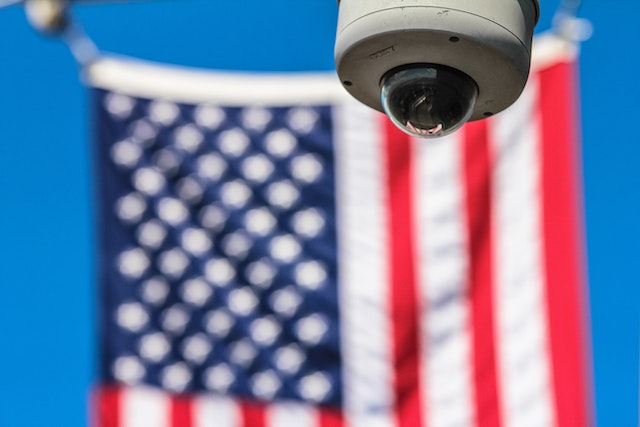In recent times, the United States’ space industry has experienced unprecedented growth, with advancements and innovations propelling it to the forefront of global space exploration. However, amidst this remarkable progress, a shadow looms as intelligence agencies raise a red flag about the increasing spy threat that could potentially compromise the integrity and security of the US space sector.
Espionage Risks: A Cause for Concern
Intelligence agencies, responsible for safeguarding national security interests, have issued warnings highlighting the espionage risks faced by the thriving US space industry. With cutting-edge technologies, critical research, and sensitive data associated with space exploration, the industry has become an attractive target for foreign actors seeking to gain a competitive edge or advance their geopolitical agendas.
Vulnerabilities Exploited
The multifaceted nature of the US space industry offers various entry points for espionage activities. From the vulnerability of satellite communication systems to the potential compromise of classified research, every aspect of the sector is susceptible. Advanced propulsion systems, satellite imaging technology, and even space-based solar power generation are just a few examples of valuable technologies that could be targeted.
Consequences of Espionage
The consequences of espionage in the US space industry could be far-reaching and detrimental. Classified technologies falling into the wrong hands could accelerate the development of competing nations’ space programs, eroding the strategic advantage that the US currently enjoys. Furthermore, compromised communication networks could jeopardize military operations, disrupt civilian services like GPS, and undermine the national security apparatus.
Safeguarding Sensitive Space Technologies
To counteract these threats, intelligence agencies and industry leaders are collaborating to implement robust counterintelligence measures. Enhanced cybersecurity protocols, stringent vetting of personnel, and a comprehensive review of supply chains are among the strategies being employed to fortify the defenses of the US space sector.
International Cooperation and Norms
Addressing the spy threat requires a multifaceted approach that extends beyond national borders. Establishing international norms and agreements to discourage and penalize state-sponsored espionage in the space domain is gaining traction. Such initiatives aim to foster a global environment where responsible behavior is upheld, minimizing the risk of escalating tensions and ensuring the peaceful use of outer space.
Conclusion
While the US space industry continues its meteoric rise, the concerns raised by intelligence agencies regarding espionage risks serve as a stark reminder of the challenges it faces. By recognizing vulnerabilities, bolstering cybersecurity, and promoting international cooperation, stakeholders can collectively mitigate the threat of espionage, ensuring that the exploration and utilization of outer space remain a beacon of progress, innovation, and unity. As the industry reaches new heights, safeguarding its integrity becomes an imperative that cannot be overlooked.












